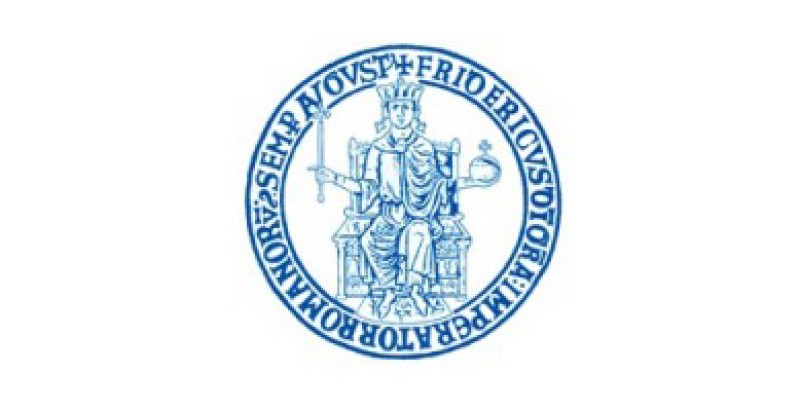Sub-theme 03: (SWG) The Entrepreneurial Origins of Organizational Routines and their Impact on the Development of Organizations
Call for Papers
Founder entrepreneurs are fundamental for the creation of routines and their development within new organizations.
Investigating entrepreneurial action can therefore shed light on the "origins" of organizational routines, especially at the
microfoundational level.
Entrepreneurs provide several types of antecedents to organizational routines, such
as individual habits and values, or experience within prior organizations that is carried over in the form of procedures,
rules, or guidelines (Aldrich & Yang, 2014; Lazaric, 2011). Through these antecedents, entrepreneurs shape the organizations
they found, having an impact on shared values, beliefs and goals of the firm, on the knowledge to be developed, and organizational
routines and structure (Becker, 2012; Howard-Grenville, 2005). Such research can also shed light on the degree to which the
capacity for change and adaptation is limited by the legacies of imprinted founding characteristics and associated routines
(Bryant, 2014).
Entrepreneurial founders are rarely isolated individuals, but use social capital in new venture
creation (Davidsson & Honig, 2003). Thus, the new venture team is critical for the emergence of organizational routines,
as well as providing the mix of skills employed in the venture creation process. In this context, Pentland and Feldman (2007)
suggest representing routines as networks of action. Adopting their perspective, we can view decisions as embedded in a network
of action, not simply as individual performances, and view organizations as environments of ongoing action patterns (Pentland
et al., 2010).
We invite papers from a range of theoretical and methodological approaches that address how entrepreneurs
shape organizational routines and the development of organizations over time. Questions of interest include, but are not restricted
to the following:
- Which antecedents do entrepreneurs provide for shaping organizational routines and structures?
- By which mechanisms do entrepreneurs directly shape organizational routines and structures?
- How do organizational routines imprinted by entrepreneurs contribute to the stability and change of organizations?
- By which mechanisms are habits selected in the emergence of routines within new organizations?
- Do teams with balanced skills enhance the formation of organizational routines and collective performance in the venture creation process?
- The origins of patterns of action in decision making and their representation using multi agent models.
- Which kinds of retention mechanisms support the emergence and building of habits and routines in new organizations?
Featured
speaker: Markus C. Becker will explore the role that habits and routines imprinted by entrepreneurs play in shaping organizations
and their development over time.
References
- Aldrich, H.E., & Yang, T. (2014): "How do entrepreneurs know what to do? Learning and organizing in new ventures." Journal of Evolutionary Economics, 24 (1), 59–82.
- Becker, M.C. (2012): How Dispositions Shape Organizations: The Carl Zeiss Case. http://papers.ssrn.com/sol3/papers.cfm?abstract_id=1920678
- Bryant, P.T. (2014): "Imprinting by design: The microfoundations of entrepreneurial adaptation." Entrepreneurship Theory and Practice, 38 (5), 1081–1102.
- Davidsson, P., & Honig, B. (2003): "The role of social and human capital among nascent entrepreneurs." Journal of Business Venturing, 18 (3), 301–331.
- Howard-Grenville, J.A. (2005): "The persistence of flexible organizational routines: The role of agency and organizational context." Organization Science, 16 (6), 618–636.
- Lazaric, N. (2011): "Organizational routines and cognition: An introduction to empirical and analytical contributions." Journal of Institutional Economics, 7 (2), 147–156.
- Pentland, B.T., & Feldman, M.S. (2007): "Narrative networks: Patterns of technology and organization." Organization Science, 18 (5), 781–795.
- Pentland, B.T., Hærem, T., & Hillison, D. (2010): "Comparing organizational routines as recurrent patterns of action." Organization Studies, 31 (7), 91–940.


